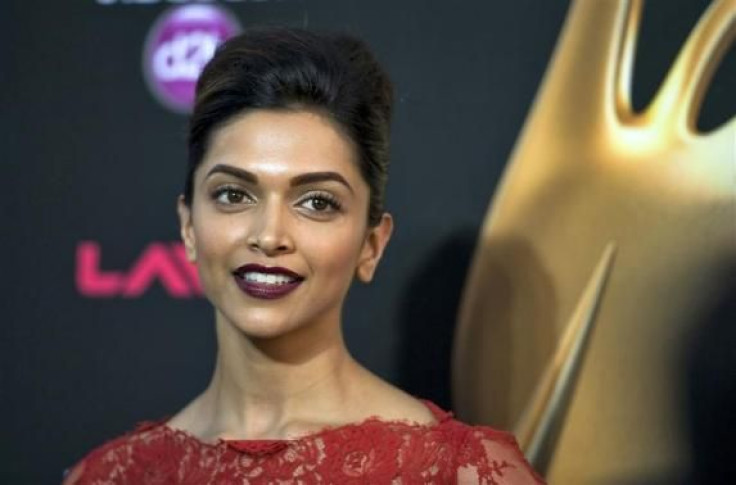Deepika Padukone Cleavage Tweet Backlash: What Times Of India Doesn’t Get About Twitter

Apparently, the world’s largest English-language newspaper isn’t very good at Twitter.
The Times of India is facing backlash Monday after posting a few hastily composed and unnecessarily provocative tweets aimed at the popular Bollywood actress Deepika Padukone. The controversy began over the weekend, when the Twitter account for the newspaper’s entertainment section tweeted a link to a video featuring Padukone at a film premiere wearing a low-cut dress.
“OMG: Deepika Padukone’s cleavage show,” the account tweeted.
Almost instantly, the tweet received a flood of negative feedback, and before long Padukone herself got involved, blasting the paper for the inconsiderate comment.
YES!I am a Woman.I have breasts AND a cleavage! You got a problem!!??
- Finding Fanny (@deepikapadukone) September 14, 2014Supposedly India's 'LEADING' newspaper and this is 'NEWS'!!?? pic.twitter.com/D3wiVVXuyM
- Finding Fanny (@deepikapadukone) September 14, 2014The 28-year-old actress, who has more than 7 million Twitter followers and 21 million Facebook fans, drew a groundswell of social media support from the Bollywood community. The hashtag #IStandWithDeepikaPadukone trended throughout the day, but some said an empty hashtag campaign wasn’t good enough. India Behind the Lens, a watchdog group, tweeted that Times readers should cancel their subscriptions, and numerous readers vowed to do just that.
The Twitter misfire also earned the Times hundreds of one-star Facebook reviews in the span of a few hours.
Padukone, one of the most popular actresses in India, is currently starring in the comedy “Finding Fanny,” which opened in India on Friday. At least one website -- the Indian media trade TellyChakkar.com -- questioned the timing of the controversy, suggesting it could be part of a publicity stunt to boost ticket sales.
In a different place and time, the incident could be chalked up as another example of the sad state of affairs for journalism: a once-mighty newspaper giant pathetically clawing for attention on social media as its print fortunes wither in the digital age. But that’s not the case for the profitable Times of India. The Audit Bureau of Circulations ranks it as the largest English-language daily newspaper in the world, with an average circulation between 2.9 and 3.3 million last year.
And while it’s true that many print-media companies today are mere shells of what they were two decades ago, Indian newspaper publishers have so far escaped the unpleasant fate of their of their counterparts in other parts of the world. With skyrocketing literacy rates and relatively low Internet penetration, the country is the world’s largest producer of newspapers. In fact, the newspaper industry there is projected to grow 17 percent over the next four years, as the PR firm Edelman reported last year.
This is not to suggest that the Times, like any other company whose business model is built on ink and paper, is not under pressure to boost its digital presence though social media and other channels. But as many pointed out in response to the cleavage tweet, the paper is “doing it wrong.” Following Padukone’s outrage over the tweet, the paper’s only response was to suggest that she take it as a compliment. (A smiley face was thrown in for good measure.) When that approach backfired -- because, really, how could it not? -- the paper deleted both tweets and went on like nothing happened. It offered no apology, no regret, no idea how Twitter works.
Meanwhile, Padukone’s supporters kept the hashtag going. It gained steam Sunday into Monday, as the Times’ silence continued. “Doing it wrong” went to “making it worse.”
Got a news tip? Email me. Follow me on Twitter @christopherzara.
© Copyright IBTimes 2024. All rights reserved.












